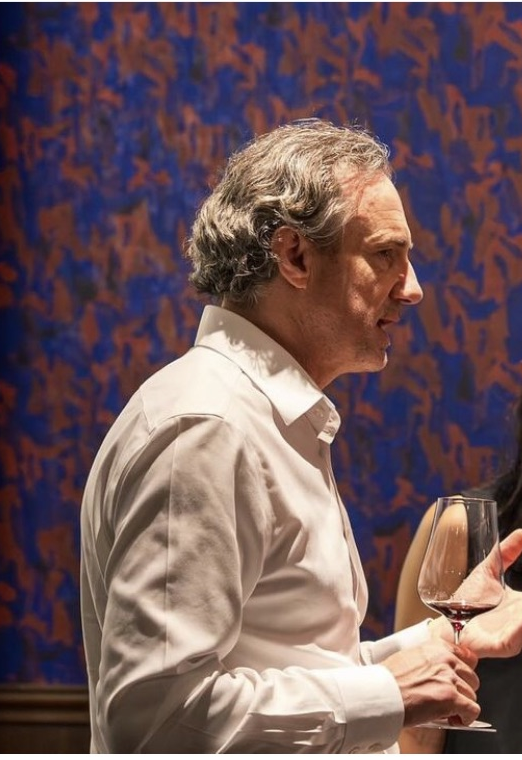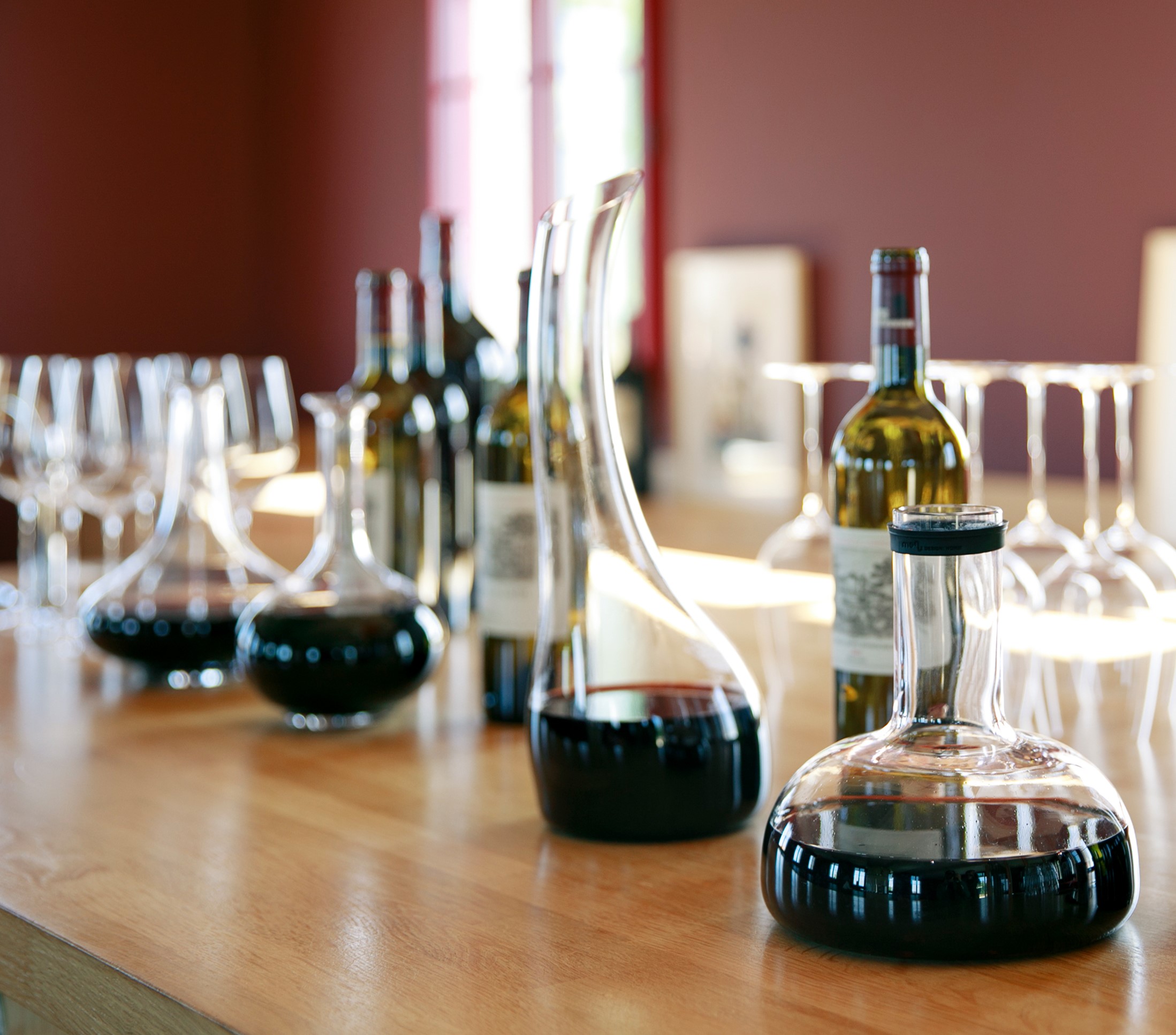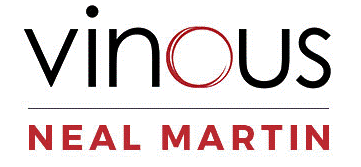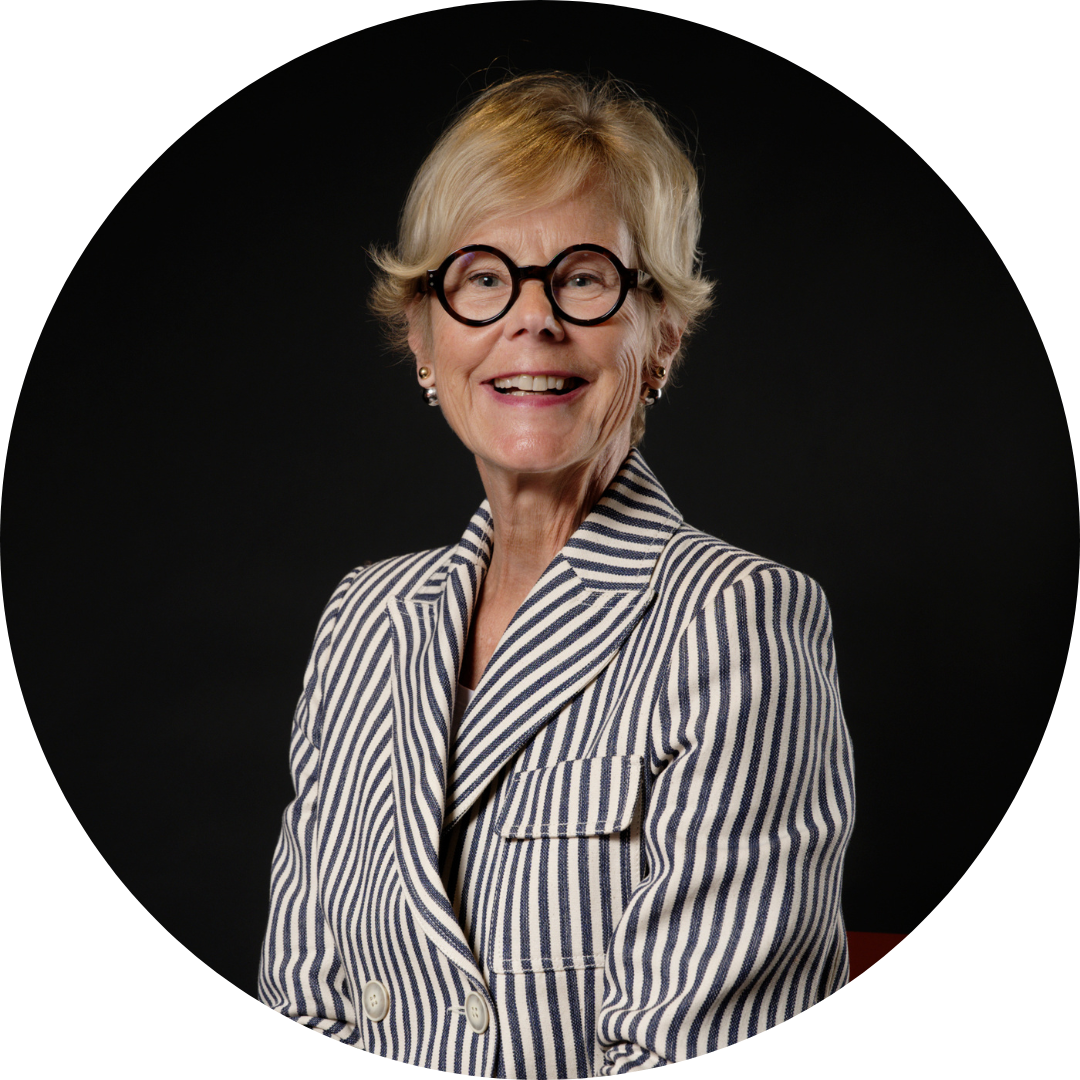Neal MARTIN
Wine Critic for Vinous magazine
Presentation
Gerda: How did your passion for wine start?
Neal Martin: It was a kind of accident. I never drank wine when I was young. My family doesn’t drink wine, so I don’t have any background in wine at all. I didn’t have any interest. I got a job with Japan Airlines, and because of this job, my passion for wine started. Normally, it is the other way around. For me, I got the job first, then I developed a passion for wine.
G: How would you describe the role of a wine correspondent?
NM: There are two different parts. One part is reviewing wines and giving scores. The other part, for me, is the writing side: interviewing winemakers, exploring the history of the properties, and making an article interesting to read or providing some kind of philosophical arguments. This is what I am focused on at the moment. For instance, I recently did a fantastic tasting of 57 vintages of Vieux Château Certan. I could publish the scores now, but I want to write something that is both interesting and informative. That part has become increasingly important to me over the last 10 years. Simply giving scores was sufficient 20 years ago, but nowadays, with resources like CellarTracker, the internet, and social media, scores are readily available. While scores are still significant, they are just one small part of what I do. Even though the trade makes a big deal about points, for me, it’s just one aspect of the job. Giving a score takes a relatively short amount of time, but writing an in-depth article takes much longer. I enjoy both parts of the role. I do like scoring the wines—it’s useful and an important part of the process—but the storytelling and the deeper analysis are what make the role truly fulfilling for me.

G: Do you think that you are able to give an objective rating to wine?
NM: I think you have to strive to be objective. It’s not to say you will always be completely objective, but you must aim for it. At the end of the day, it is my tasting note, reflecting my experience and judgment. I believe if you maintain a high level of objectivity, you will find an audience that trusts and relates to your reviews and scores.
There will always be some level of subjectivity because, ultimately, tasting wine is a personal experience. However, as a professional critic, you have to be able to ignore external factors such as the weather, personal opinions about the winemaker, or your mood on any given day. You must focus solely on the wine in the glass. It’s about cutting out all distractions and biases when assessing the wine.
G: How critical should wine criticism be and are you different from other wine critics?
NM: I think I am probably more critical than other wine critics. I am not critical just for the sake of being critical, and I don’t have any hidden agenda. I am not against any winemaker. I believe you should say what you think: if the wine is good or not. If it is not good, you should explain why. If I give a low score, I always explain the reasons behind it. You can only be critical because you want the wine to be the best it can be. If you think it could be better, then you should say so.Compared to other wine critics, you have to ask yourself: are you a cheerleader or a critic? It’s your readers who will decide. I definitely see myself as both a writer and a critic. I always want to be positive, but if I think something could be better, I don’t mind saying so.
Wine and Terroir & Cellars
G: Do you think that criticism pushes winemakers to question themselves and to evolve?
NM: It’s similar to when someone criticizes something I write or suggests it could be better; I have to accept that and consider they might be right. This applies to any profession. Why should it be different for winemakers? Every wine has different levels of quality, and not everyone can make a perfect wine. There has to be interaction and feedback. Winemakers and consultants do the same thing. They assess the quality of the fruit or the barrels during the winemaking process. Why would you hire a consultant who always says, “Oh, you have made the perfect wine”? Why should you pay them for that? You want to improve, so criticism is a part of that process. You want the honest truth.
G: Each vintage and each terroir are unique. Can the winemaker be conditioned by the taste of the consumers? Or vice versa?
NM: Oh yes, consumers often express their preferences, and there is a danger that, as a winemaker, you might compromise what you do to meet those preferences. For example, in Bordeaux, the wines are much easier to taste en Primeur than those from 2005 or 2010. We have to see if these wines will age and develop as they did in the past. I think they will, but it remains to be seen. This is certainly an example of winemakers changing the style of the wine to suit consumers’ tastes. If consumers no longer want to drink high-alcohol wines, winemakers have to adapt by producing wines with lower alcohol content. This might involve changing viticultural practices, adjusting fermentation techniques, or altering the harvest date. Adapting to consumer preferences can influence many aspects of winemaking.
G: How do you manage to taste more than 50 wines a day, especially during the primeur period?
NM: I pace myself and take breaks regularly. It’s crucial not to rush through tastings. Knowing my limits is important; when I feel fatigued, I stop to maintain focus. I also find blind tastings invaluable—they help me stay objective and focused on the wine’s qualities rather than external factors. During the primeur period, I taste the wines initially to form my impressions and then revisit them later blind to confirm my assessments and ensure accuracy.
G: What do you think of organic and biodynamic wines?
NM: It depends on how they taste. What is the point of having great viticulture if the wine doesn’t taste good? Would you rather drink a wine from good viticulture that tastes bad, or a wine from poor viticulture that tastes good? Both exist. Moving towards organic or biodynamic practices certainly helps. I am more interested in organic viticulture than biodynamic because I think some aspects of biodynamic farming don’t affect the quality of the wine. However, organic viticulture is a very positive approach. At the end of the day, my job is about the quality of the wine. I’m not going to change a score because I later find out the wine is biodynamic, but I can write about it.
G: How would you describe your personal taste?
NM: It depends on what I am drinking. I always look for wines that have typicity; it’s really important to me. I want a Pomerol to taste like a Pomerol, a Pauillac to taste like a Pauillac, and so on. I like wines that age well. Generally, I prefer wines with slightly lower alcohol content.

Wine & Bordeaux
G: Do you think there is a new aromatic trend in Bordeaux?
NM: Yes, as I mentioned, there is a trend towards wines with lower alcohol. When I was working at the Wine Advocate, people would say I have an English taste rather than an American taste. I’m not entirely sure what that means, but I have noticed there are less excessively ripe wines and less focus on late picking. They seem to be more terroir-driven. There is more variety in Bordeaux nowadays than there was before, with different styles emerging, which is a good thing. This is especially evident on the right bank, where there have been significant changes for the better.
G: What do you think of the La Place system?
NM: That’s a complicated question. In some ways, it has its merits, but it also has disadvantages. The Place system is beneficial because it provides Bordeaux with a centralized distribution mechanism that is efficient and benefits from economies of scale. It allows for specialization in distribution, which can be advantageous. On the other hand, there are drawbacks. The layers of distribution add costs; for example, courtiers take a 2% commission, which increases expenses. Some argue that if Châteaux sold directly to consumers, it could potentially be a more efficient system, similar to what we see in Napa Valley or in other countries. When people criticize Bordeaux for being too expensive, it’s important to consider not only the release prices set by the Châteaux but also the impact of the distribution system.
G: You wrote in your 2023 vintage report that Bordeaux is outmoded, but what should we do to be “in-moded”? Or perhaps Bordeaux was never trendy for you?
NM: I think this will be a very tough challenge because Bordeaux traditionally revolves around Châteaux names. The issue for Bordeaux is that consumers today appreciate the human side of wine, knowing who the winemaker is behind the wine. The structure of Bordeaux feels corporate, more like a business. So, how can Bordeaux evolve from that? To be honest, I’m not sure because that’s how Bordeaux has always been. It has focused on Châteaux rather than individual winemakers. Perhaps Bordeaux needs to consider promoting the people behind the wines more prominently.
Often, when I visit a Château’s website, I can’t easily find information about the winemaker or who crafts the wine. That needs to change. Bordeaux cannot force itself to become trendy; that will be decided by wine drinkers. With so many wine-producing countries offering diverse choices, Bordeaux needs to recognize that if its wines are too expensive and are no longer enjoyed in restaurants, consumers will explore other regions and may not return.
Neal Martin’s favourite
G: Last question: Can you tell us about an unforgettable Bordeaux tasting?
NM: Oh, that’s easy. It’s the one I’m currently writing about. It was a vertical tasting of Vieux Château Certan to celebrate 100 years of the Thienpont family. We tasted 57 vintages dating back to 1923. It’s a privilege to experience such a tasting, so I feel compelled to write something worthy of the occasion.
G: What is the most impressive vintage among those 57 vintages?
NM: It’s all in my report on Vinous !

Gerda BEZIADE has an incredible passion for wine, and possesses a perfect knowledge of Bordeaux acquired within prestigious wine merchants for 25 years. Gerda joins Roland Coiffe & Associés in order to bring you, through “Inside La PLACE” more information about the estate we sell.


